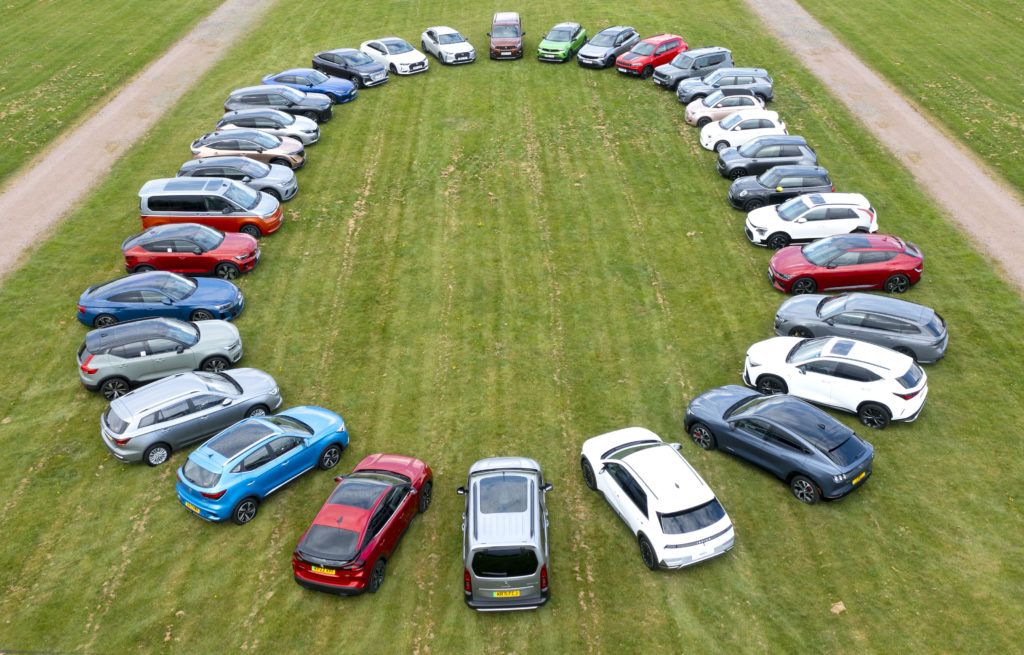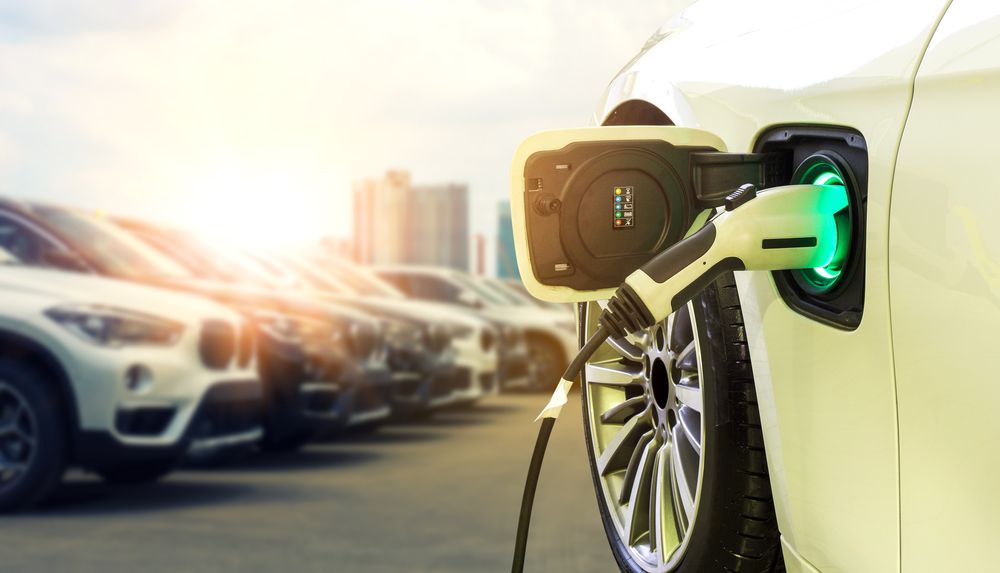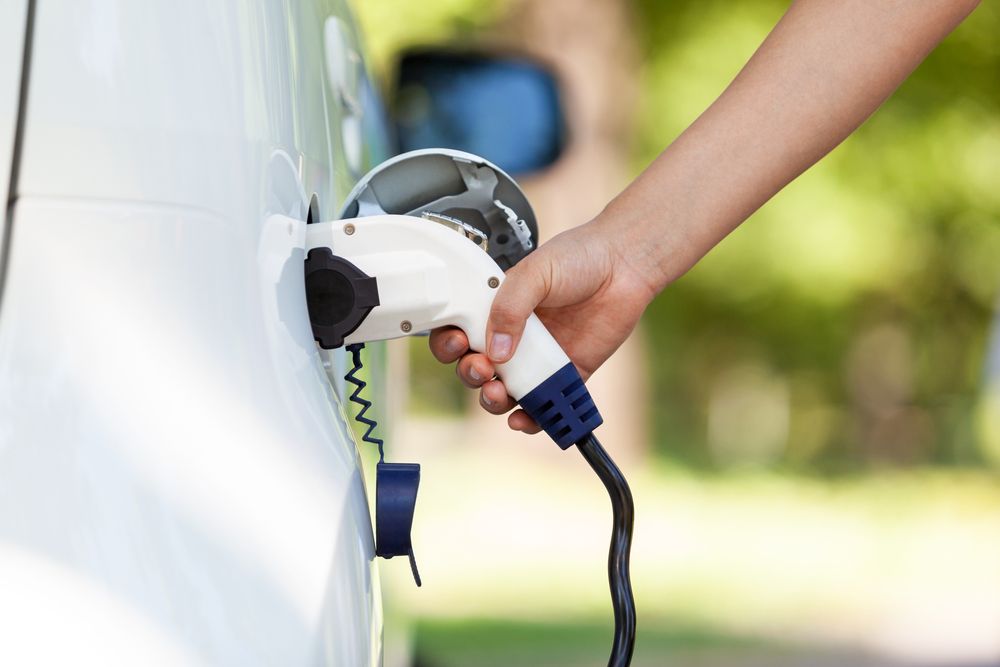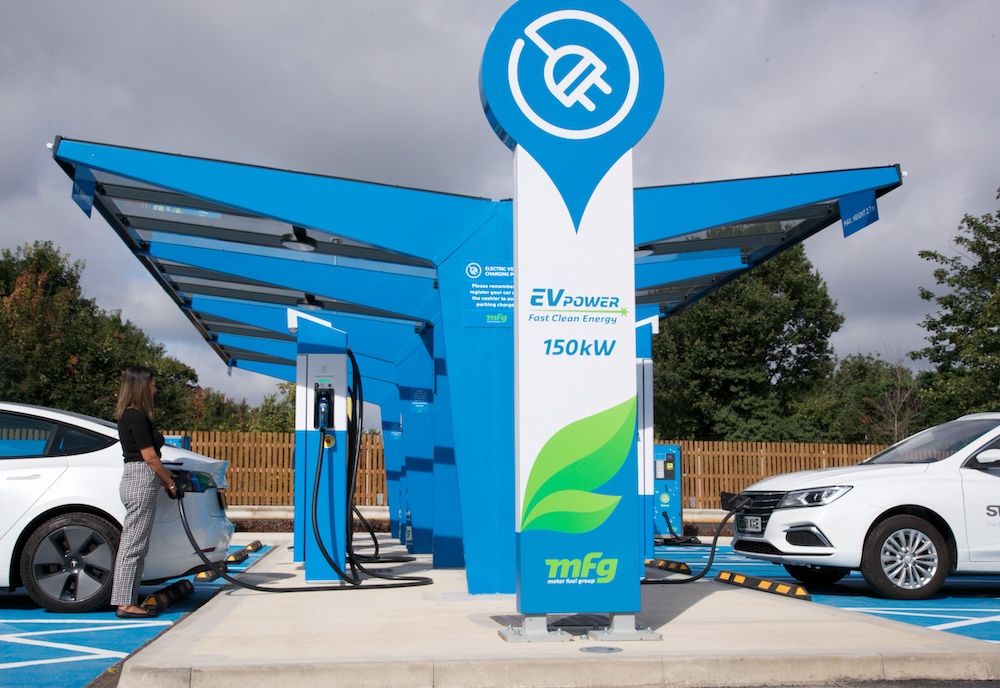The latest figures from the Society of Motor Manufacturers and Traders show a resurgence in new car registrations in 2023, reaching an impressive 1.903 million for the year. 2023 saw more battery electric vehicle (BEVs) reach the road than in 2020 and 2021 combined.
This is the UK new car market’s best year since the pandemic as a strong December, up 9.8%, wrapped up the 17th month of consecutive growth.
Battery electric vehicle (BEV) uptake reached a record volume – up by almost 50,000 units with 314,687 new registrations.
Growth was driven by fleet investment as the previous year’s supply constraints faded and helped fulfil pent-up demand. Fleet deliveries rebounded by 38.7% year on year, while business registrations, a small proportion of the market, fell by -1.5%. Private consumer demand remained stable at 817,673 units after a strong recovery in 2022, with cost of living pressures and high interest rates constraining growth. While the overall new car market remains -17.7% below pre-pandemic levels, the surge in uptake compared with the previous year saw the value of new car sales jump more than £10 billion to around £70 billion, with 288,991 additional vehicles reaching the road.
In terms of vehicle type, buyers showed a continued preference for superminis, dual purpose and lower medium cars, which accounted for 29.8%, 28.6% and 28.2% of the market respectively. These three segments have been the most popular since 2013.
As the industry transitions away from fossil fuels, drivers continued to invest heavily in low and zero emission vehicles – which meant average new car CO2 fell by -2.2% to 108.9 g/km. Hybrid electric vehicles (HEVs) recorded robust growth, up 27.1% to reach a 12.6% market share. Plug-in hybrids (PHEVs) also enjoyed a strong year, with a 39.3% increase in registrations to account for 7.4% of the market.
BEV volumes actually fell by -34.2% in the last month of the year, but this is a reflection of an abnormal December 2022 when significant numbers of orders were able to be fulfilled in the month. The next few months are also likely to be volatile due to the regulatory uncertainties that have beset the market over the past few months – most obviously the last-minute deal on UK-EU Rules of Origin, which avoids tariffs on EVs but which has made planning difficult.
Overall, BEVs accounted for one in six new cars registered in 2023, with the majority taken by business and fleet buyers who benefit from compelling tax incentives. In contrast, one in 11 private buyers chose a BEV. Since the end of the Plug-in Car Grant in June 2022, the UK is the only major European market with no consumer BEV purchase incentives – but it is now also the only market with mandated minimum targets for new ZEV registrations.
With mainstream consumer demand flat, the industry is calling on government to support private buyers by halving VAT on new BEVs for three years. This temporary cut would give private consumers access to fiscal support at a level similar to that enjoyed by business buyers, enabling manufacturers to deliver larger volumes of zero emission vehicles. Combined with a retention of the business incentives that have already proven their value in increased EV uptake, the measure would accelerate the UK’s market transition. More drivers would upgrade their existing petrol or diesel car to a new zero emission alternative, widening the future supply of used electric vehicles and making investment in chargepoint rollout even more compelling.
Mike Hawes, SMMT Chief Executive, said:
“With vehicle supply challenges fading, the new car market is building back with the best year since the pandemic. Energised by fleet investment, particularly in the latest EVs, the challenge for 2024 is to deliver a green recovery. Government has challenged the UK automotive sector with the world’s boldest transition timeline and is investing to ensure we are a major maker of electric vehicles. It must now help all drivers buy into this future, with consumer incentives that will make the UK the leading European market for ZEVs.”
Looking ahead to 2024, the latest market outlook – published in November – anticipates 2024’s new car market to reach 1.97 million units, with 439,000 BEVs taking a 22.3% market share. The next quarterly revised outlook will be published in February.
INDUSTRY REACTION:
James Court, Chief Executive of EVA England, said:
“EVs have come a long way since representing little over 2% of sales a decade ago. It is unsurprising that after a year of negativity from vested interests we have seen a slight dip in sales, but encouragingly our latest survey found 9 in 10 EV drivers would not return to petrol and diesel, meaning the vast majority of owners are seeing the real benefits of zero-emissions driving. Clearly, the Government must play its part in ensuring EVs are made as affordable as possible for drivers of all incomes, whilst continuing to oversee that the whole EV ecosystem is ready for an electric future.”
Sue Robinson, Chief Executive of the National Franchised Dealers Association (NFDA), which represents franchised car and commercial vehicle retailers in the UK commented:
“It is concerning to see that electric cars only accounted for 16.5 per cent of new vehicles sold in 2023, down from 16.6 per cent in 2022.
“The lack of clarity from the Government on EVs, such as the pushing back of the ICE ban from 2030 to 2035 appears to have impacted consumer confidence on electric.
“2024 is set to be an important year for the UK automotive sector particularly with the continued shift towards electric.
“With the ZEV mandate becoming law on Wednesday, electric vehicles look set to gradually increase their market share and gain ground on petrol vehicles which currently hold the largest market share in the UK.
“However, these figures outline that there remains important issues which the Government will need to tackle for the year ahead such as the availability of EV charging infrastructure across the country. The UK also remains the only major market in Europe without incentives for private buyers with France recently introducing measures and Italy also looking set to offer incentives for EVs. It will also be interesting to view the progress of new Chinese manufacturers which will enter the UK market this year.
“With the Spring Budget announced for March and a General Election expected in Autumn, it is a politically and fiscally important time for the sector and the NFDA will continue to to highlight the issues affecting the auto retail sector and ensure positive progress is made to benefit the industry, consumer and environment .”
Levent Ergin, Global Chief ESG Sustainability Strategist at NYSE-listed Informatica, said:
“The yearly picture for registrations of new Battery electric vehicles (BEVs) was muted, with market share stalling at 16.5%.Although, BEVs maintained the second spot as the UK’s favourite vehicle type.
“2024 will now be pivotal for the automotive industry and all eyes will be on whether BEV adoption rates remain stable. The recent agreement with the EU to postpone the imposition of 10% tariffs on EVs will likely have a positive impact as we head into the new year – and we could see this translate into an increase in EV registrations over the coming months.
“However, there is a sense that cautious optimism could be tempered by the challenges various ESG regulations will pose. In particular, imminent ISSB reporting requirements, the EU’s Corporate Reporting Sustainability Directive (CRSD), and the upcoming EU battery passport – all will require manufacturers to have an even tighter handle over their supply chains. Understanding all of their data – on suppliers, customers, usage, and charging points will be pivotal to reporting on this.
“Also, there needs to be far greater effort made on rolling out rapid and ultra-rapid charging devices. Understanding where there is greater demand for these is crucial and this comes down to having an intelligent approach to data. Combining IoT-enabled data from vehicles, road infrastructure and charging points creates a single trusted view of EV demand. Energy flows and driving patterns can then be analysed to forecast EV charging demands and plan infrastructure to ensure supply matches demand.”
Image courtesy of SMMT.














